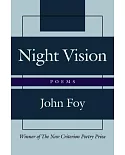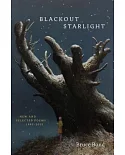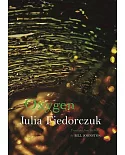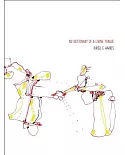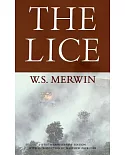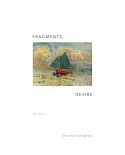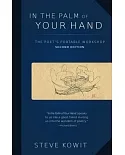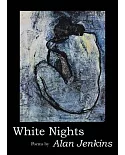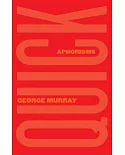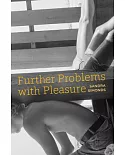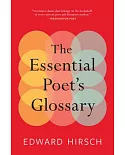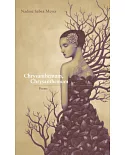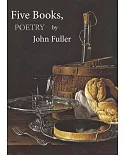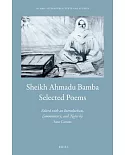Leigh Hunt has long been stigmatized as Keats's evil genius, a superficial and mannered poet whose influence can be observed in such early poems as I Stood Tip-Toe and Sleep and Poetry. His
portrayal as Harold Skimpole in Bleak House has also fostered an impression of triviality and selfishness in the minds of those who do not trouble to read him. Leigh Hunt and the Poetry of
Fancy, so far the only book devoted exclusively to his verse, takes issue with these received opinions and argues that, overshadowed by the work of his more gifted contemporaries, Hunt's output
has suffered repeatedly from invidious comparisons. Author Rodney Stenning Edgecombe suggests that we need to bring his admittedly minor poetry out of the shadows and, approaching it on its own
sunny terms, find a way of enjoying its slightness and delicate charm. With this in mind, Edgecombe urges that we approach the poet as a rococo artist, using this aesthetic category to
legitimize and focus the decorative impulse that informs his vision, and the escapism that sometimes led him, as a poet, to skirt many of the issues he so bravely fought for through his Radical
journalism.
Like Wordsworth, Hunt divided his output into loose generic categories when he began preparing a select edition of his poetry toward the end of his life, categories retained and amplified by H.
S. Milford in his 1923 edition. Edgecombe has used these divisions as a way of organizing his study, and also of illustrating the immense range of forms and genres that the poet explored in the
course of a long career. He furthermore offers close readings of many seminal poems in an effort to show that Hunt, dismissed by Carlyle as a sort of poetic "tinker," was a generally creditable
craftsperson, and that when the occasion inspired him, he could write very well indeed.


